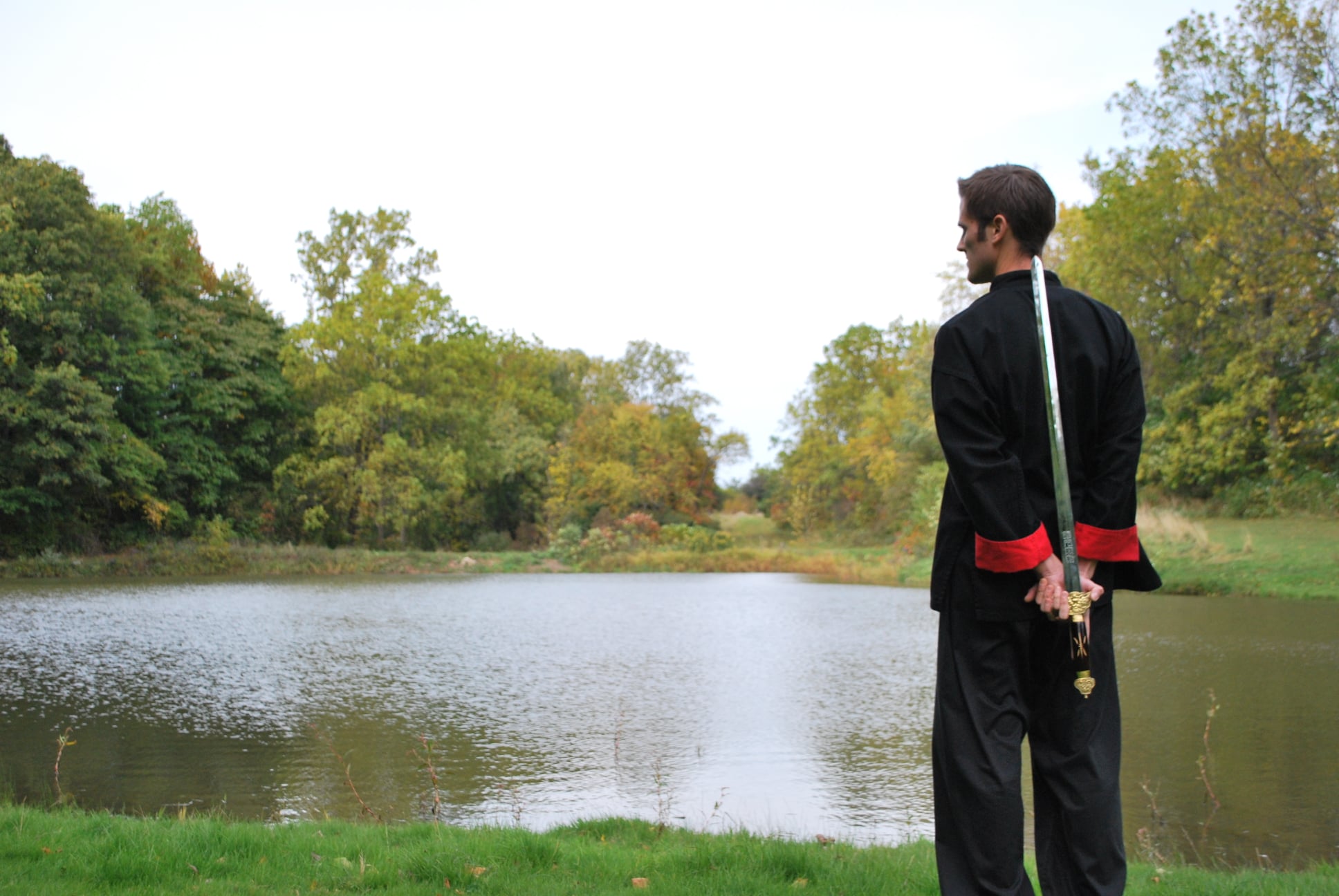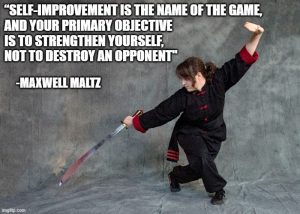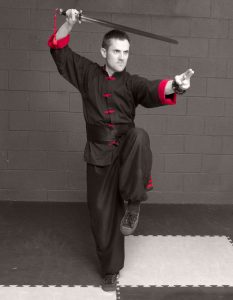I’m a big fan of Dan Sullivan, world class consultant and business coach, especially his Gap and the Gain philosophy. It is well known amongst entrepreneurs, but it is also something that desperately needs to be known and understood by parents.
The Gap and the Gain concept is a self measurement tool. It ensures we as humans are constantly growing, thriving, and learning, instead of just staying stagnant. Additionally, it ensures we do it in a healthy way.
Dan refers to the Gap as how we see ourselves compared to our ideal future. Imagine, as an example, you are on a long journey. As you are walking you are keeping your eye on the horizon.
You know your destination is out there somewhere, but you’re not exactly sure where. You just keep your eye on the horizon and keep walking toward it. The problem is, as you walk toward the horizon, it keeps moving away from you. As many steps as you take toward it, it keeps adjusting just as many steps away from you.
This, unfortunately, is how many of us act on our journey of life, we continue to measure ourselves against the horizon, an ever-moving target with which we use to measure our self worth. The problem is, no matter how much we accomplish along the way, we might not ever seem content or fulfilled, because as we grow and expand our capabilities, it is never enough for our ever moving ideal of where we ought to be.
Alternatively, the Gain is where we occasionally glance back to compare.
Measuring backward against our previous self has a much different effect on our mind, body, and spirit. If we measure backward, we’re comparing ourselves to where we started. This often gives us a sense of momentum and keeps us moving forward. Looking only forward to the ever-moving horizon, can make us feel like we’ll never be enough. Seeing our accomplishments lets us grow more confident and grateful for how far we’ve come. Only looking forward ignores them.
This doesn’t mean that we don’t look to the horizon and keep enjoying our journey through life. It just means we don’t measure ourselves by it.
I think every entrepreneur and business owner needs to understand this, but even more so, every parent.
As parents and educators, we often hold our kids and students to the same horizon. Rather than looking where they are now, compared to where they were a year ago (the Gain), we often hold them to an impossible standard set by another sibling or friend (the Gap). While another sibling might be better behaved or more academically inclined, if we use their example as a yard-stick to motive a child, by the time they improve to that level in any given area, the sibling we are using as a yard-stick will have also improved, creating an ever-moving horizon.
I myself went through this when I was young. My older brother was the hockey star of the family. Myself not being very athletically inclined, was always measured against his success. This left very big gaps in my confidence growing up, and led to a “why bother?” attitude when it came to being active. As a result, I became overweight and retreated into more video games, which further exacerbated my lack of fitness.
Luckily, I found martial arts, where I did not need to compare myself to others. Martial Arts, being a personal journey instead of a team sport, let me measure my own progress.
Each new belt I earned I could look back at where I started. Eventually, I attained a high level of fitness and proficiency, even competing internationally.
I wish more parents knew this. Often, I see kids get discouraged because parents are measuring them against an ever-moving ideal, and drawing little to no attention to their progress.
On the flip side of that, if parents went through this themselves when they were young, they will swing the pendulum with their kids and not encourage them to have any goals at all. This too is unfortunate. We need goals to keep growing, expanding and learning, much like we need a horizon to walk toward. We just need to make sure we look back to measure.
Perhaps this is why martial arts is such a good tool for building confidence in kids, because it lets them measure the Gain, not the Gap. Each new challenge is personal, and the student’s progress is not measured against anyone else, just themselves.
Action Step:
Make sure your child has a “success journal”. Help them write out their accomplishments in it as they achieve them, so they can also look back when they feel discouraged. Make sure this is NOT a scrapbook of things that would have happened anyway (first haircut, first tooth to fall out, etc). Put in only things they achieved through their efforts. You may want to even make one for yourself, as we all occasionally fall victim to measuring ourselves against the Gap instead of the Gain.
Sifu Atalick
Master Instructor
Niagara Kung Fu Academy
Sifu Atalick has owned and operated the Niagara Kung Fu Academy since 2005 and has been teaching Holistic Kung Fu for 20 years. Holistic Kung Fu as taught at NKFA helps kids and adults build self-discipline, confidence, and focus, helping them to achieve higher levels of success and fulfilment academically and in their careers. He is the author of “The Art of Holistic Kung Fu”
Find us on YouTube
Find us on Facebook





